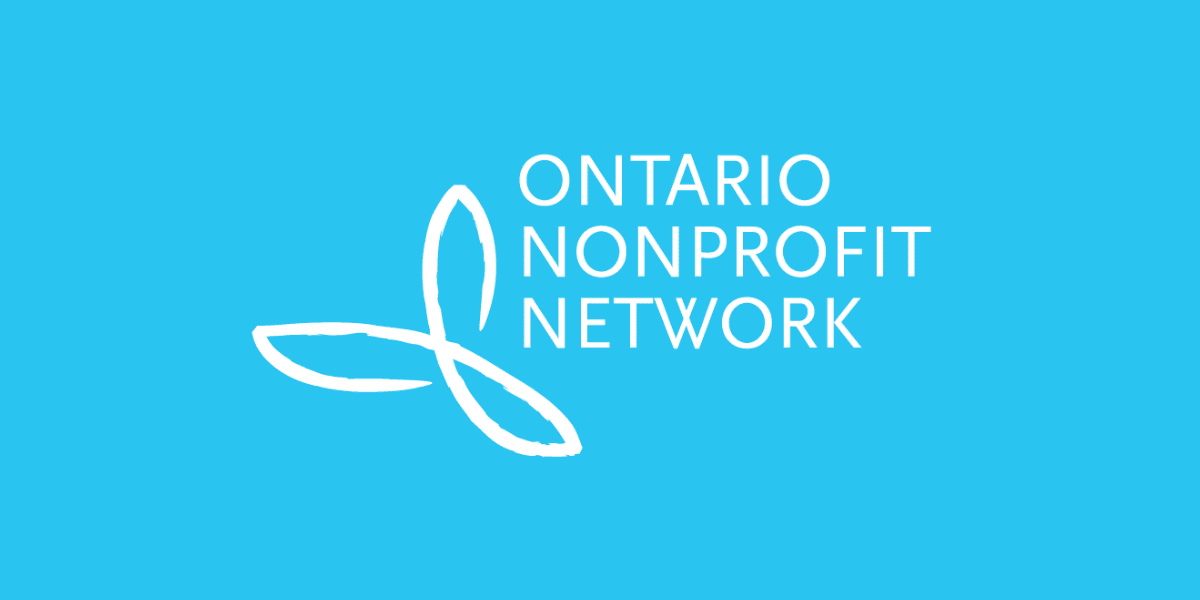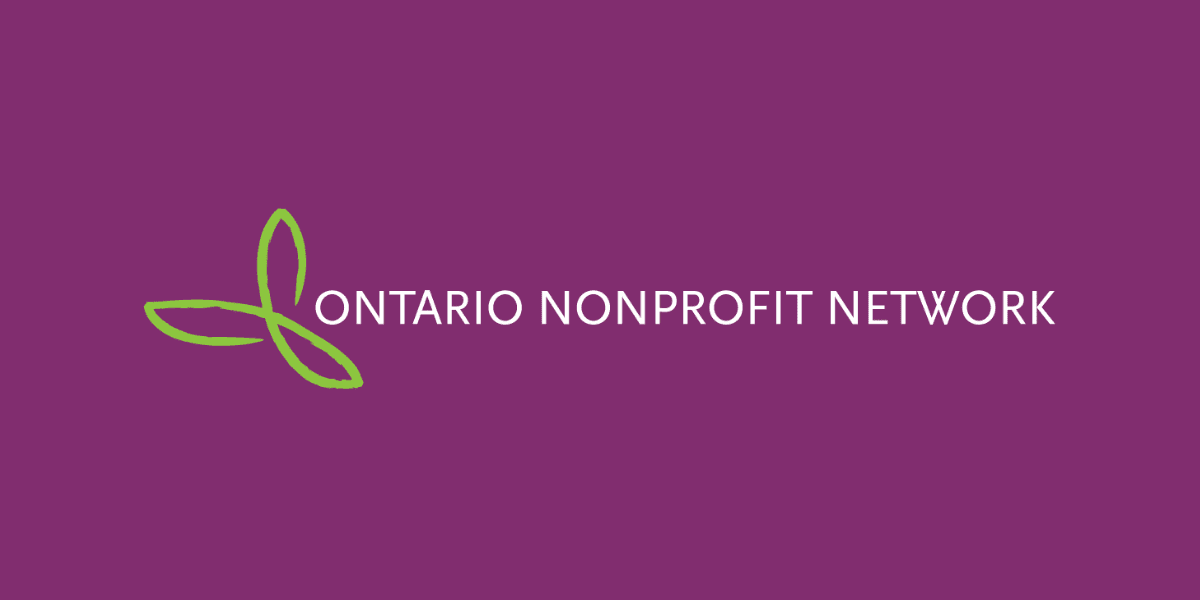Not all nonprofits are the same
There needs to be legal and regulatory distinctions made between nonprofits focused on benefiting the public and those benefiting their members.
Some nonprofits have a mission focused on serving their members, such as trade associations and private clubs.
But public benefit nonprofits are different.
Public benefit nonprofits — charities, nonprofit organizations and non-profit co-ops — have a mission to serve the public. They operate for the good of the public, they reinvest excess revenue back into meeting their mission, and they retain their assets in the public domain for the public good.
Public benefit nonprofits create better, move vibrant, creative, and inclusive communities. And they would be able to do even more for us all if laws and policies clearly distinguished between public benefit and member benefit nonprofits.
Governments have no mechanism in law to distinguish public benefit nonprofits from member-serving nonprofits so they treat them all the same, with negative consequences for communities. We want governments to recognize public benefit nonprofits as distinct from member-serving nonprofits. And we want them to apply a “public benefit nonprofit” lens in the development of all legislation, regulations, and policy frameworks in order to anticipate their impact on the nonprofit sector.
How to help public benefit nonprofits
Four key changes to the Income Tax Act that would enable public benefit nonprofits to more effectively pursue their objectives:
- The Income Tax Act could be amended to divide nonprofits into two classes: a public benefit class (for nonprofits focused on the public good), and a mutual benefit class (for nonprofits focused on services to members)
- By creating two classes, the CRA would be in a position to require that nonprofits seeking tax exemption must consent to a “permanent asset lock”. An asset lock is a robust legal clause that requires an organization’s income and assets to be applied solely to further the purposes of that organization (which may not include the pursuit of benefit or gain for its members), and ensures that none of its net earnings is used or applied for private gain by its members
- Policies in the Income Tax Act defining “not for purpose of profit” could be amended to allow public benefit organizations to earn revenues that remain exempt from tax so long as the revenues are reinvested in the mission (referred to as a “destination test”)
- The federal government should require all incorporated nonprofits exempt from tax to file and make public their annual financial data and a description of their activities. With increased transparency, public benefit nonprofits can demonstrate that their revenues are supporting the public good, while making it easier to identify those organizations that are not adhering to fair tax regulations





